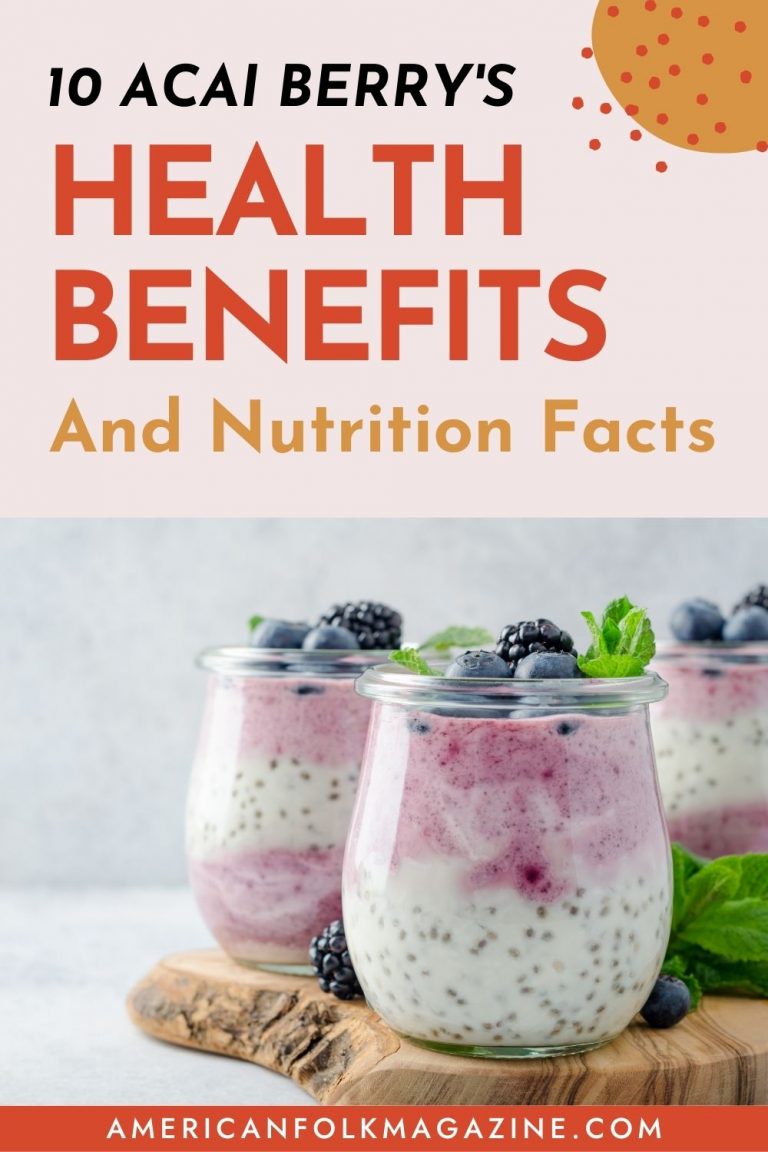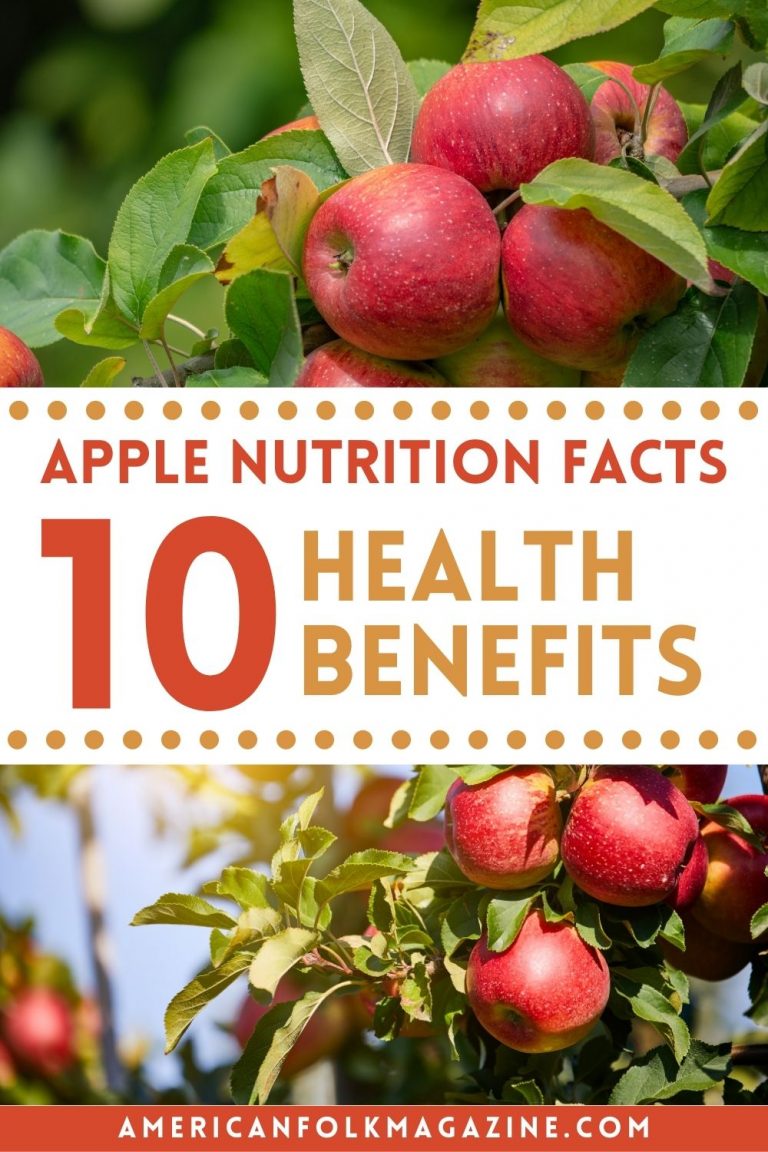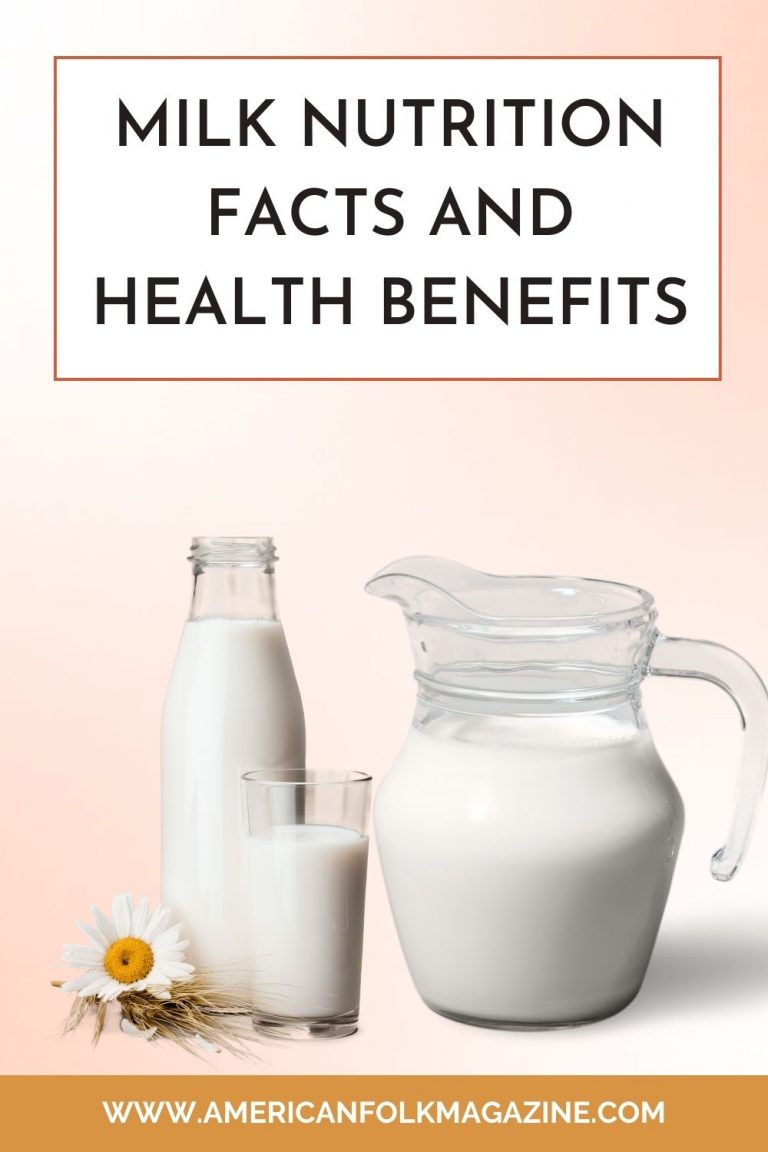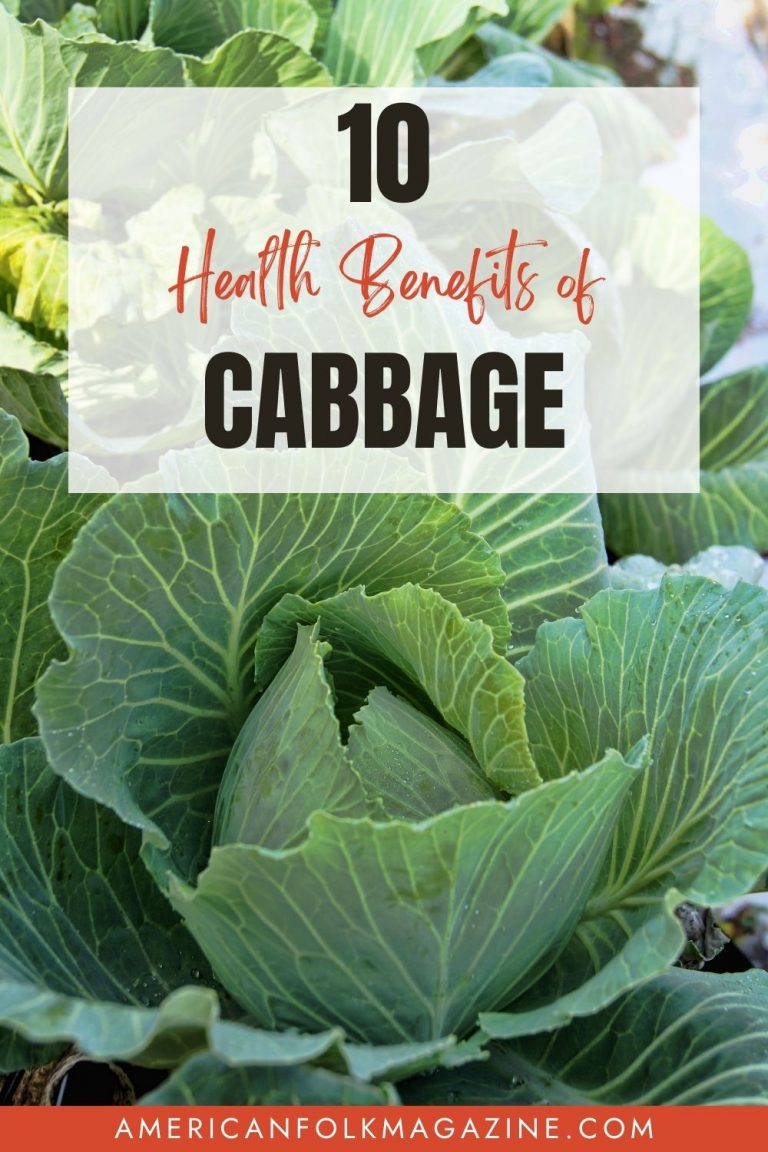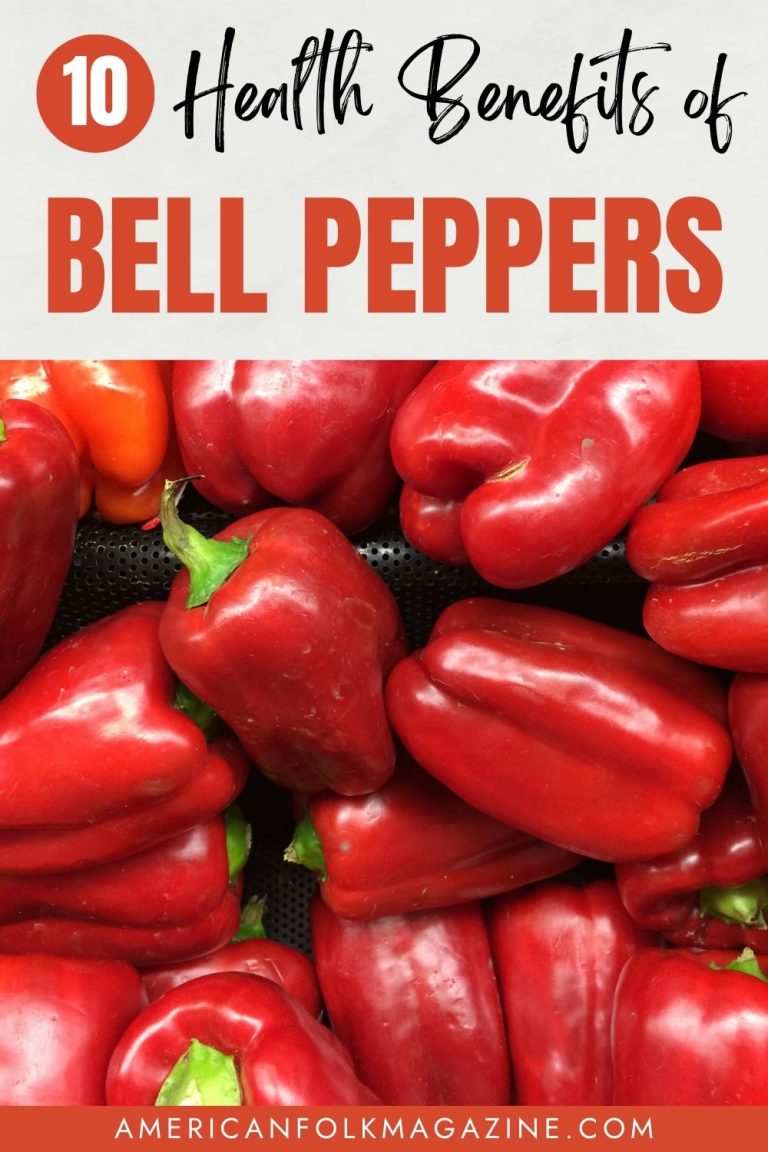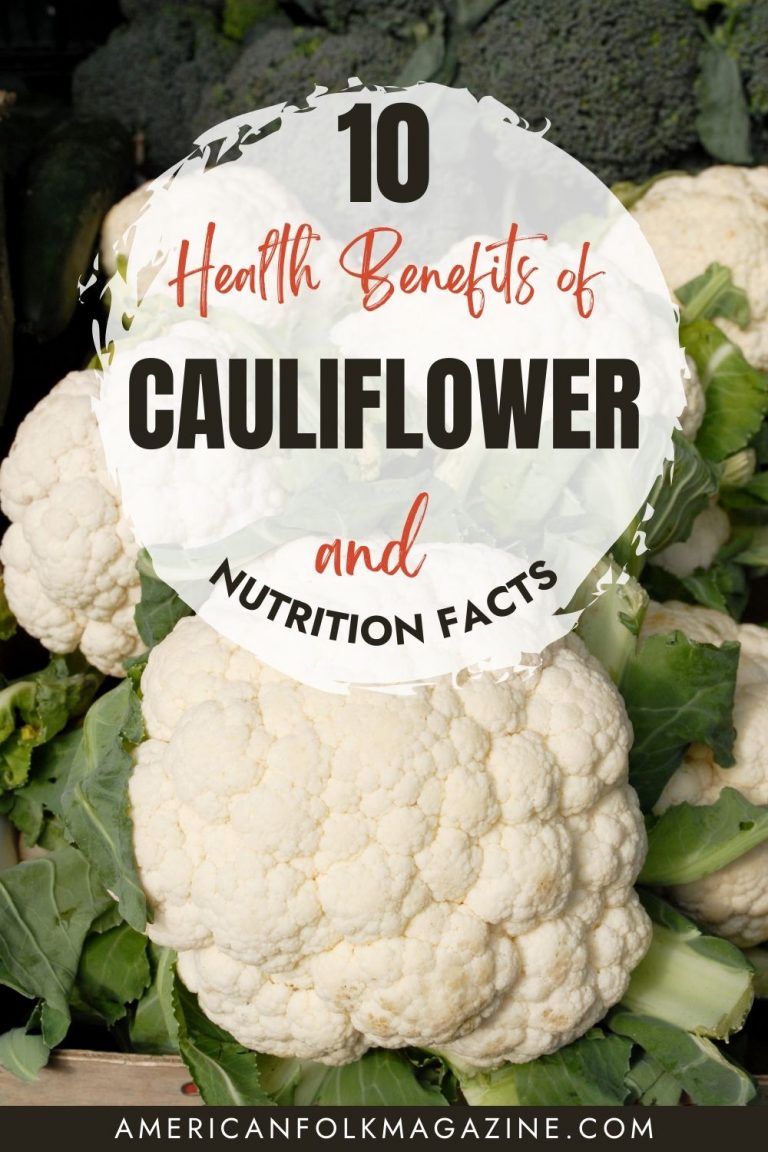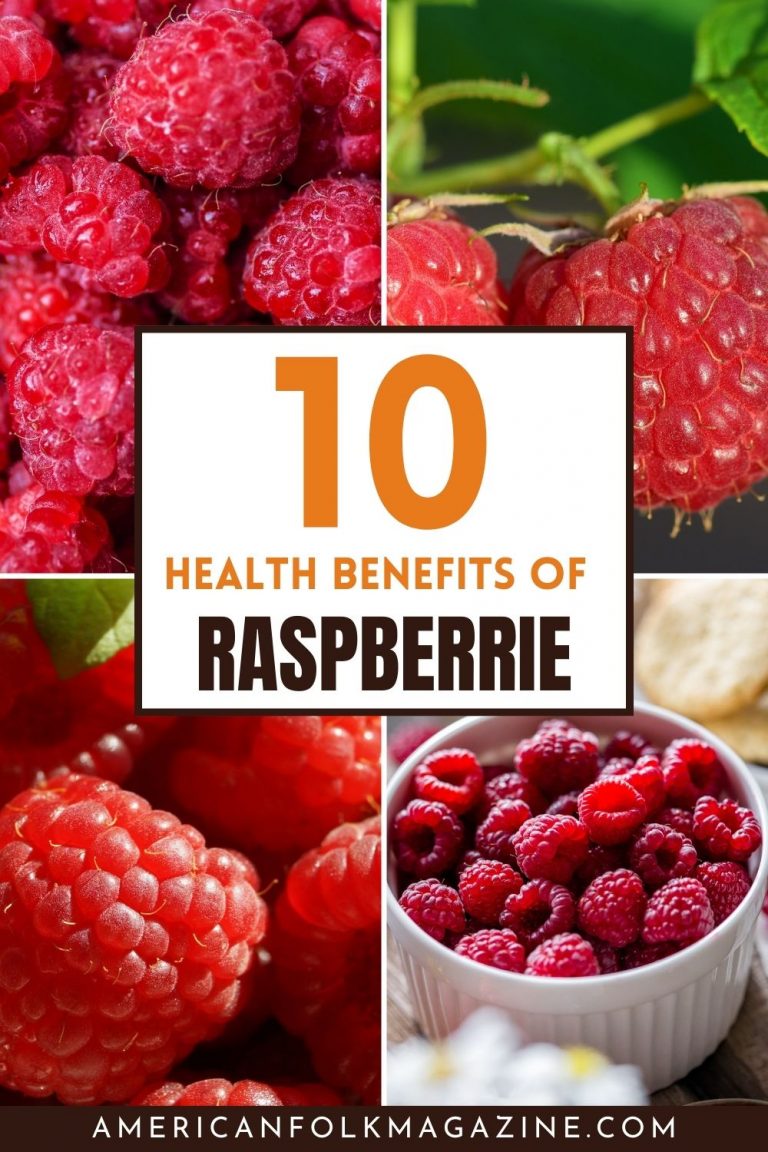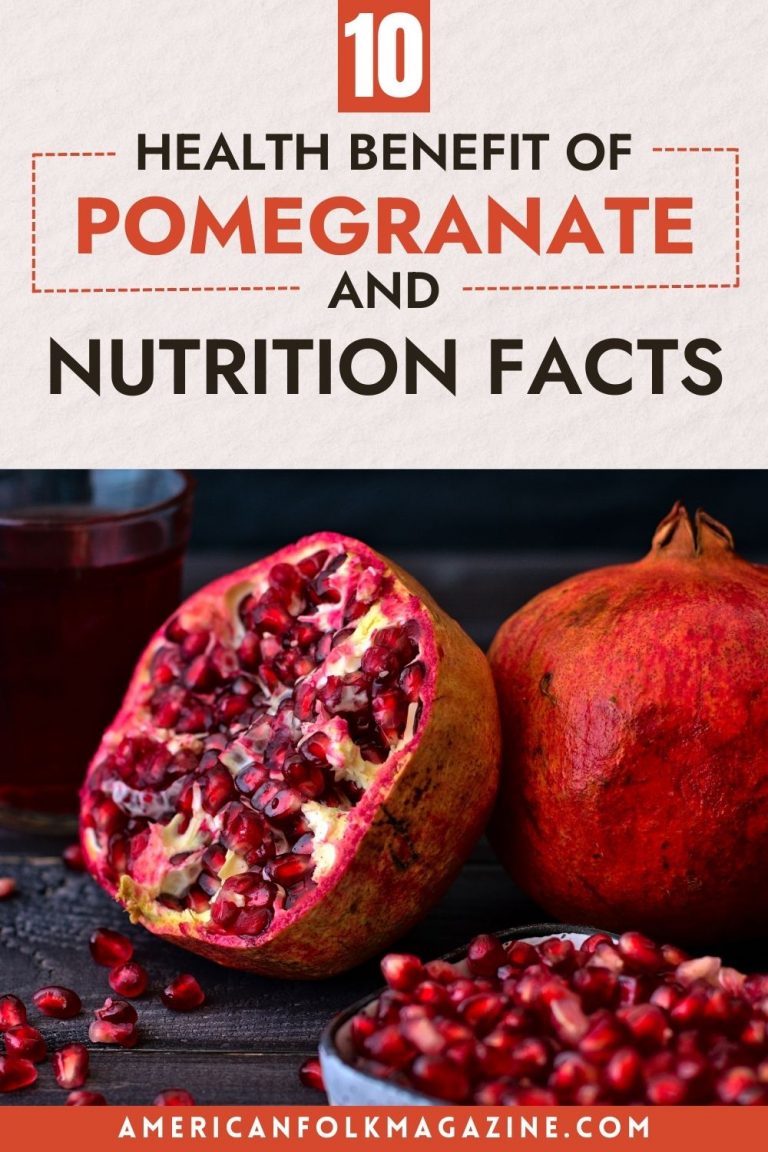Beetroot (Beta vulgaris) is a root vegetable known for its deep red color and earthy flavor. Often enjoyed in salads, juices, or as a cooked side dish, beetroot is more than just a tasty addition to your meal. It’s packed with essential nutrients and offers a plethora of health benefits.
Let’s dive into the nutritional facts and discover what makes beetroot a must-have in your diet.
Nutritional Facts
Beetroot is a powerhouse of nutrition. Here’s a table that breaks down the essential nutrients found in a 100g serving of this remarkable vegetable:
| Nutrient | Amount |
|---|---|
| Calories | 43 kcal |
| Protein | 1.6g |
| Fat | 0.2g |
| Carbohydrates | 9.6g |
| Fiber | 2.8g |
| Sugars | 6.8g |
| Vitamin C | 4.9mg (8% DV) |
| Iron | 0.8mg (4% DV) |
| Magnesium | 23mg (6% DV) |
From vitamins to minerals, beetroot offers a balanced profile that can complement various dietary needs. Whether you’re looking to boost your vitamin C intake or add some fiber to your diet, beetroot has got you covered.
10 Health Benefits of Beetroot
1. Boosts Heart Health
Beetroot’s high nitrate content is a boon for heart health. These nitrates convert into nitric oxide in the body, which helps dilate blood vessels, improving blood flow and reducing blood pressure. Regular consumption of beetroot or its juice may lead to long-term heart health benefits, reducing the risk of heart diseases and strokes.
2. Enhances Athletic Performance
For athletes and fitness enthusiasts, beetroot is a secret weapon. The nitrates in beetroot increase the efficiency of mitochondria, the energy powerhouses in cells. This leads to better stamina, endurance, and overall performance in physical activities. Some studies even suggest a noticeable improvement in running and cycling times.
3. Supports Digestive Health
The fiber content in beetroot is a friend to your digestive system. It aids in digestion by adding bulk to stool, preventing constipation, and promoting regular bowel movements. Beetroot also contains betaine, which supports healthy digestion by increasing stomach acid levels.
4. Promotes Brain Health
Beetroot’s ability to enhance cognitive function is linked to increased blood flow to the brain. This increased flow may improve brain function, memory, and possibly slow the progression of dementia. It’s a natural way to keep your mind sharp and agile.
5. Fights Inflammation
Beetroot contains betalains, pigments that have potent anti-inflammatory properties. These compounds can help soothe inflammation in the body, reducing the risk of chronic diseases and promoting overall well-being.
6. Aids in Detoxification
The liver loves beetroot! Rich in antioxidants and nutrients like betaine, beetroot supports liver function, helping in detoxifying the body. It aids in breaking down toxins and flushing them out of the system, acting as a natural cleanser.
7. Improves Skin Health
Beetroot’s antioxidants fight off free radicals, leading to healthier skin. Its anti-inflammatory properties can also reduce redness and irritation. Regular consumption might even lead to a natural glow, reflecting true beauty from within.
8. Helps in Weight Management
Low in calories and high in fiber, beetroot is a smart choice for weight loss. It provides a feeling of fullness without adding unnecessary calories, aiding in weight management without sacrificing nutrition.
9. Regulates Blood Sugar
Beetroot’s role in stabilizing blood sugar levels is promising. Some studies suggest that the alpha-lipoic acid in beetroot may lower glucose levels and increase insulin sensitivity, making it a beneficial addition to a diabetic diet.
10. Enhances Sexual Health
Historically considered an aphrodisiac, beetroot’s ability to enhance blood flow isn’t limited to the heart and brain. It may also improve circulation in other areas, potentially boosting libido and sexual performance.
How to Incorporate Beetroot into Your Diet
Beetroot’s versatility makes it a delightful addition to various dishes. Here’s how you can add a splash of color and nutrition to your meals:
- Salads: Beetroot’s earthy flavor and vibrant color make it a standout ingredient in salads. You can roast, steam, or grate it raw. Pair it with tangy goat cheese, crunchy walnuts, and a citrusy vinaigrette for a balanced and nutritious dish. Whether served warm or cold, beetroot salads can be a hearty main course or a refreshing side.
- Juices and Smoothies: For a quick nutritional boost, add beetroot to your morning juice or smoothie. Its natural sweetness complements fruits like apples and oranges, while its rich color adds visual appeal. Blend it with ginger for a zesty kick or with yogurt for a creamy texture. It’s a delicious way to start the day with essential vitamins and minerals.
- Soups: Beetroot lends itself beautifully to soups, especially the traditional Eastern European borscht. Simmer it with vegetables like cabbage and potatoes, and season with dill and garlic. The result is a comforting and nourishing meal that can be enjoyed hot in winter or chilled in summer. Serve with a dollop of sour cream and a sprinkle of fresh herbs for a culinary delight.
- Main Courses: Incorporating beetroot into main courses adds both nutrition and sophistication. Roast it with herbs and olive oil for a simple yet elegant side dish. Or stuff it with quinoa, feta, and spinach for a satisfying vegetarian entrée. Its robust flavor pairs well with meats like beef and lamb, making it a versatile addition to various culinary creations.
- Desserts: Unconventional but delightful, beetroot in desserts offers moisture, sweetness, and a hint of earthiness. Use it in chocolate cakes or brownies to enhance the depth of flavor and add a touch of nutrition. Its natural color can replace artificial food coloring, giving your baked goods a beautiful hue. Experimenting with beetroot in desserts opens up a world of creative and tasty possibilities.
Potential Side Effects and Precautions
While beetroot is generally considered healthy and beneficial, there are some potential side effects and precautions to be aware of:
- Beeturia: Some individuals may notice a red or pink color in their urine or stools after consuming beetroot. This condition, known as beeturia, is harmless but can be alarming if unexpected.
- Kidney Stones: If you’re prone to kidney stones, particularly those formed by oxalates, you may want to consume beetroot in moderation. Beetroot contains oxalates, which can contribute to stone formation in susceptible individuals.
- Blood Pressure Fluctuations: Beetroot’s ability to lower blood pressure is usually a benefit, but it might be a concern for those already on blood pressure medication or with naturally low blood pressure. Consult with a healthcare provider if you have concerns.
- Digestive Issues: Though rare, some people might experience bloating or stomach upset after consuming beetroot. Cooking it rather than eating it raw may alleviate these symptoms.
- Allergic Reactions: Allergies to beetroot are uncommon but not unheard of. Symptoms might include hives, itchiness, or difficulty breathing. If you suspect an allergy to beetroot, seek medical advice.
These potential side effects and precautions don’t negate the many health benefits of beetroot, but being aware of them ensures that you can enjoy this nutritious vegetable in a way that’s best for your individual health.
References
- FoodData Central (usda.gov)
- Beetroot 101: Nutrition Facts and Health Benefits (healthline.com)
- Beetroot: Benefits and nutrition (medicalnewstoday.com)
- Beets Nutrition Facts and Health Benefits (verywellfit.com)
Pin It To Your Board!


